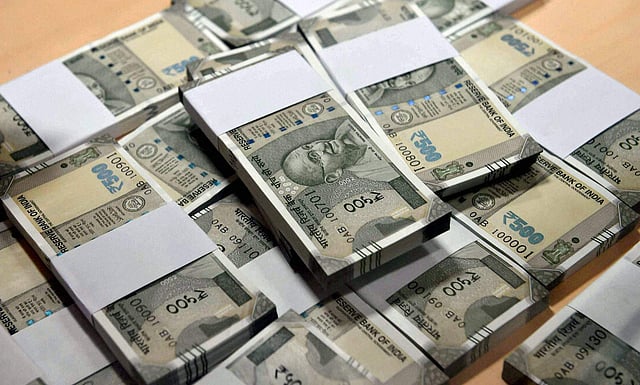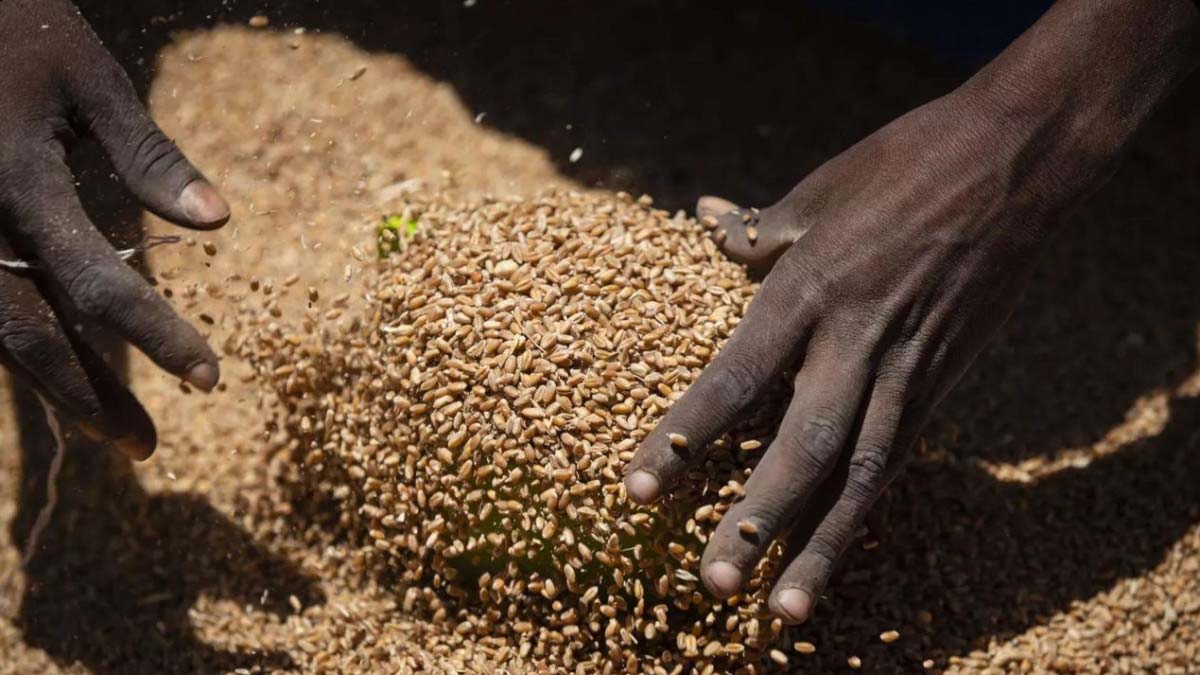BIG NEWS
- RCB and Kohli break 18-year jinx with maiden IPL title
- Rescheduled Neeraj Chopra Classic to be held on July 5 in Bengaluru
- NEET-PG 2025 Postponed, To Be Held In Single Shift As Per Supreme Court Order
- Rajeev Shukla set to become acting BCCI president as incumbent Binny hits age cap
- Conduct NEET-PG 2025 exam in one shift: SC
- New study shows extreme glacier mass loss already at 2 degrees Celsius; more than twice if current policies continue
- Parliament panel flags concern over FASTags and highway tolls, seeks rationalisation
- EC announces bypolls to 5 assembly seats in 4 states on June 19, counting on June 23
Duty imposed on steel, aluminium not safeguard measures: US on India's claim in WTO


Public Lokpal
June 02, 2025
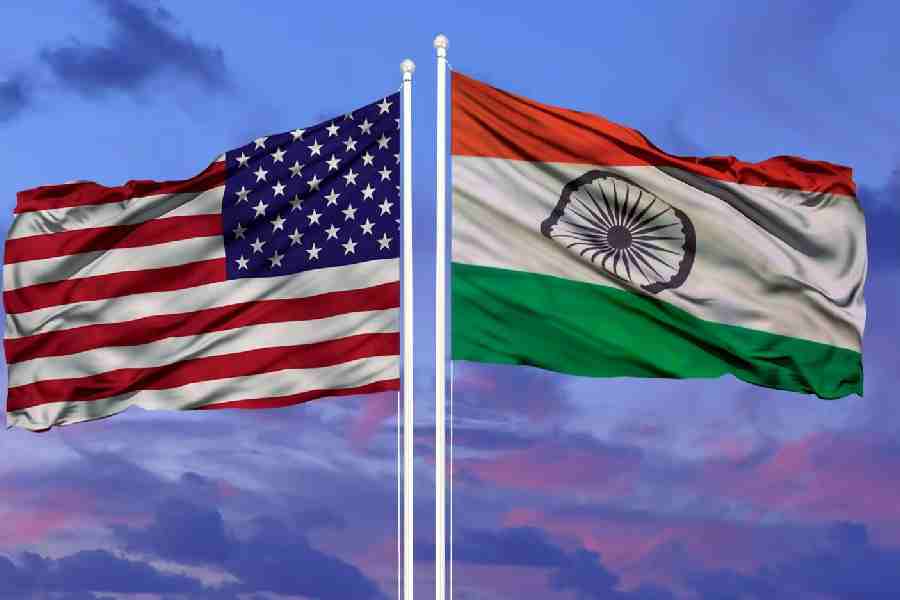

Duty imposed on steel, aluminium not safeguard measures: US on India's claim in WTO
Washington DC: The US has rejected India's claim that American tariffs on steel and aluminium are safeguard measures under the WTO (World Trade Organization) rules.
According to a communication from the US in response to India's notification proposing to suspend concessions under the agreement on safeguards, these tariffs were imposed under Section 232 for national security reasons.
On May 9, India informed the WTO that it has reserved its right under WTO norms to impose retaliatory duties on certain American products over the US' steel and aluminium tariffs.
"These actions are, therefore, not safeguard measures. Accordingly, there is no basis for India's proposal to suspend concessions or other obligations under (a provision) of the Agreement on Safeguards with respect to these measures," the US has said in its communication dated May 23.
The US has also claimed that India has not complied with the obligations under this agreement.
"The United States will not discuss the Section 232 tariffs under the Agreement on Safeguards as we do not view the tariffs as a safeguard measure," it added.
The proposed suspension of concessions, which India has notified, could take the form of increased tariffs on selected US products. While India has not disclosed those items yet, in a similar move in 2019, it had imposed retaliatory tariffs on 28 US products, ranging from almonds and apples to chemicals.
Commenting on the move, economic think tank GTRI said the US argument that the tariffs are imposed on national security grounds makes India's proposed suspension of concessions or imposing retaliatory duties on certain American goods legally "invalid".
"While India has several options - WTO disputes, unilateral retaliation, or coalition-building - it may pragmatically choose to resolve the issue by pressing for tariff elimination as part of the ongoing India-US bilateral trade agreement," GTRI Founder Ajay Srivastava said.
He added that a stronger approach would be for India to impose retaliatory tariffs on its own, even without WTO authorisation.
Other countries like the EU, Canada, and China have done this against the US Section 232 tariffs as a political signal of resistance.
It recommended that even though India has several legal and diplomatic options, the country may choose not to act immediately.
PTI



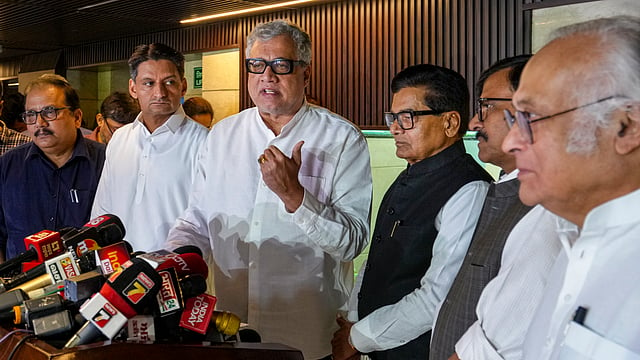
.jpeg)



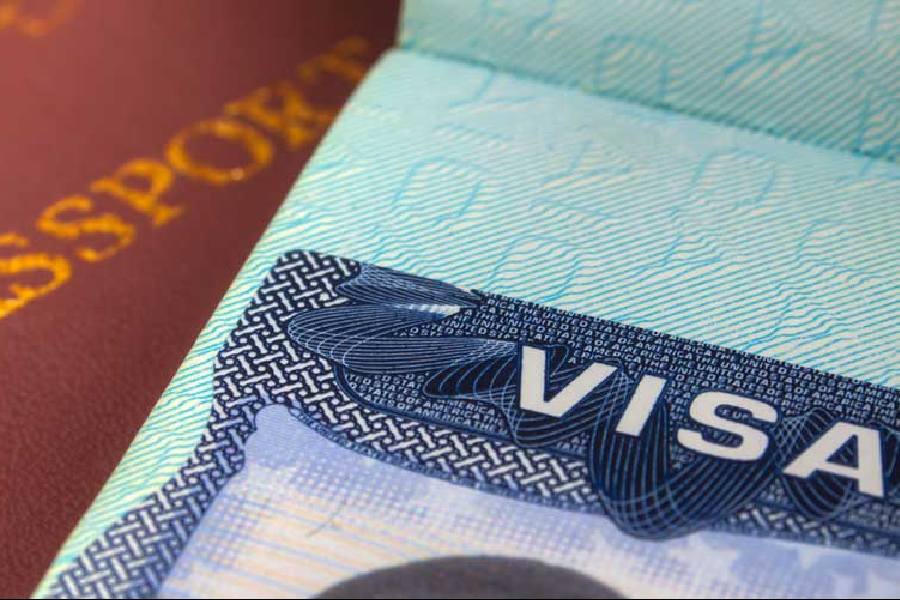

.jpeg)


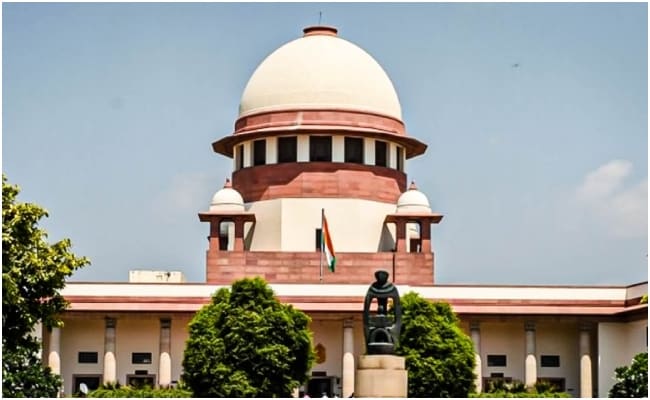
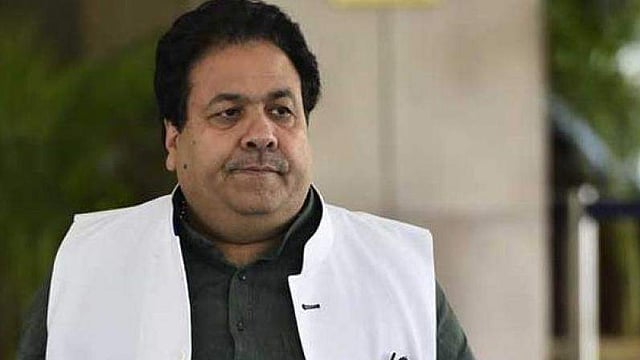
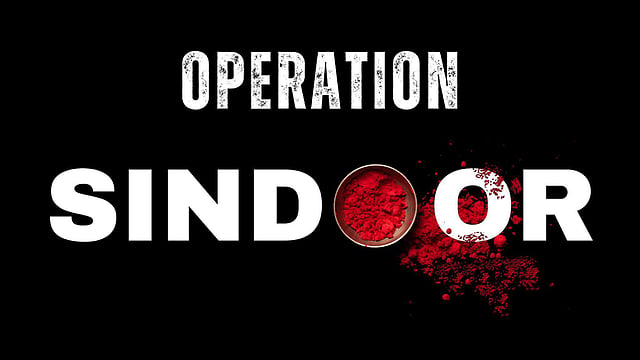

.jpeg)
